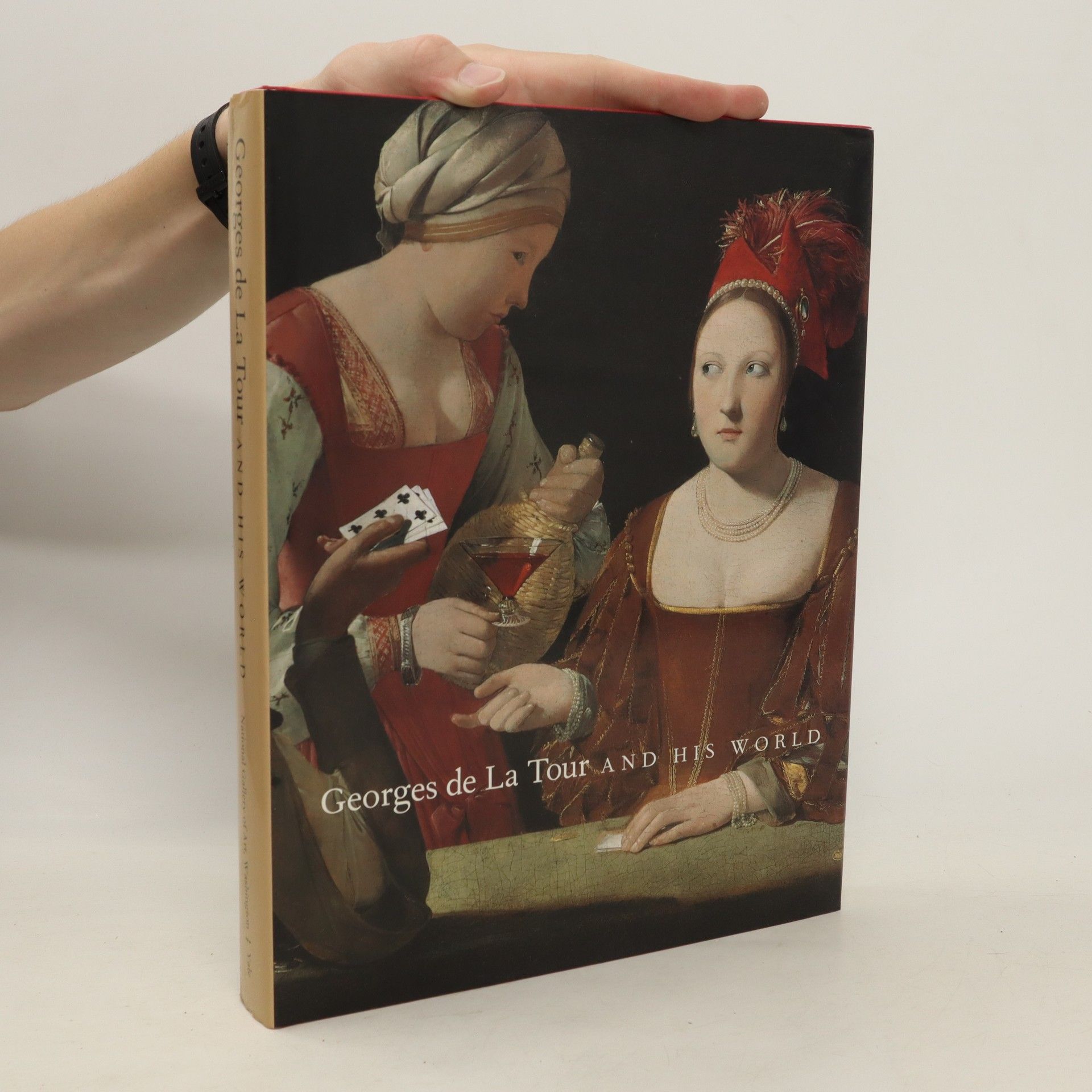Display of Art in Roman Palace, 1550-1750
- 384 pages
- 14 hours of reading
The book delves into the display principles of art within early modern Roman palaces, highlighting how various elements conveyed intricate artistic, social, and political messages. It emphasizes the opulent settings that served as models for aristocratic residences across Europe. Additionally, it traces the origins of the modern art gallery concept back to these Roman Baroque palazzi, illustrating how many museum exhibits are rooted in this historical context.

